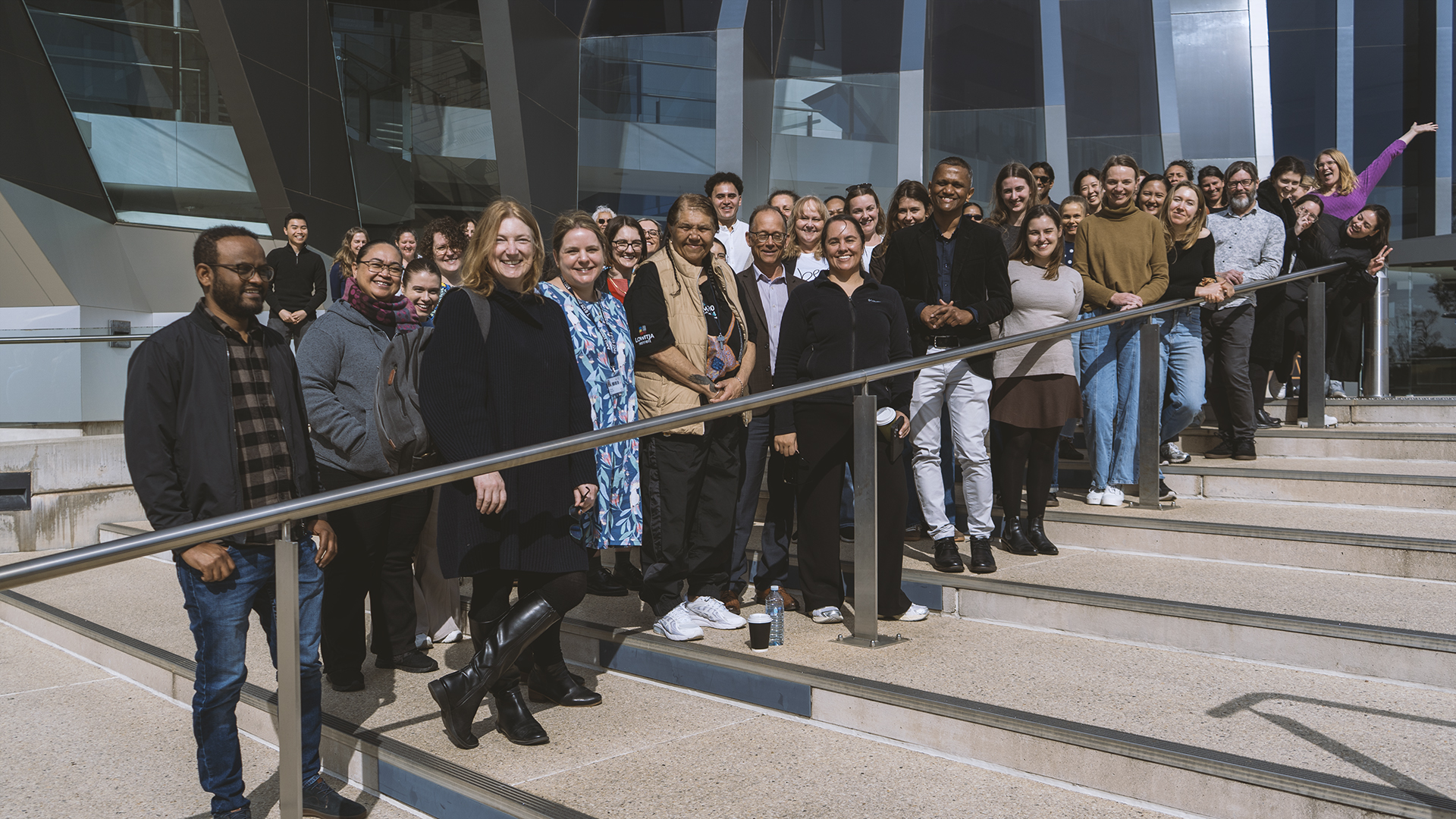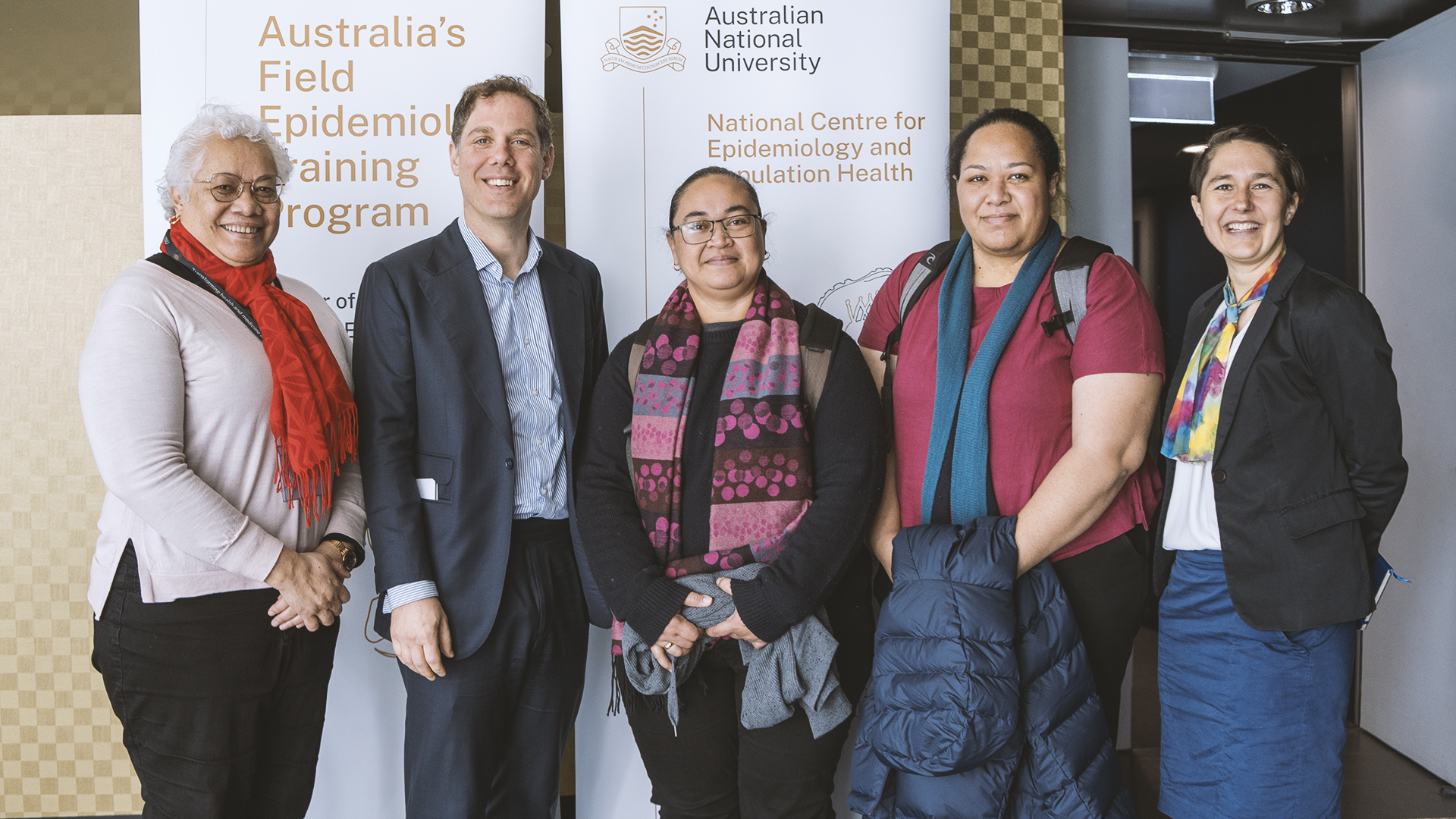Field epidemiology in action: Global change, future focus
On September 7, 1854, English physician John Snow reported findings of his famous investigation on the 1854 cholera outbreak in London.
Now on September 7 each year, field epidemiologists worldwide celebrate Snow’s legacy and the vital work of today’s disease detectives.
This year at the Australian National University (ANU), researchers, public-health professionals, and Master of Philosophy in Applied Epidemiology (MAE) students marked the World Field Epidemiology Day with “Making Our Mark: Field Epidemiology in Action”, a half-day program hosted by the National Centre for Epidemiology and Population Health (NCEPH).

Speakers from the World Health Organization (WHO), the interim Australian Centre for Disease Control (CDC), the Department of Foreign Affairs and Trade (DFAT) and Master of Philosophy in Applied Epidemiology (MAE) scholars explored the global, regional and local challenges shaping the future of field epidemiology—and how they are adapting to meet them.
“The nature of our work is constantly changing, the threats that we face are changing, and so are our governance systems,” said Dr Gina Samaan, MAE alumna and Regional Emergency Director, WHO Health Emergencies.
She highlighted the role of the WHO Health Emergencies in detecting, preparing for and responding to these evolving hazards, from climate-driven extreme weathers to cyberattacks.
“Field epidemiologists are at the helm of bringing stakeholders together, providing the evidence base for stronger, more resilient systems,” she noted.
In this global context, Sean Starmer, DFAT’s Assistant Secretary (Indo-Pacific Centre for Health Security), explained why Australia invests heavily in health security of the Asia-Pacific region.
“Good health underpins a whole range of development outcomes we’re seeking to ensure. It’s what partner countries in the region ask of us and plays to Australia's strengths in health and medical research,” he said.

At the national level, MAE alumna Stephanie Williams from the interim Australian Centre for Disease Control (CDC) outlined progress towards an independent agency to safeguard Australians from future public health threats. The standalone Australian CDC is expected to be established early next year.
Looking into the future, Professor Martyn Kirk, MAE alumnus and Head of NCEPH’s Department of Applied Epidemiology, described how the MAE program is also adapting to evolving realities.
“Now we need to teach the students how to use artificial intelligence and not get lost in the hype, how to understand whole genome sequencing and metagenomics, and so on.”
On top of that, the MAE team will also prioritise decolonising and Indigenising their curriculum and enhance training for strategic thinking and leadership.
“The applied epidemiology workforce should reflect the communities served,” said MAE Director Dr Emma Field, “The MAE Program is committed to providing an inclusive learning and teaching experience for people of all cultures, identities, lived experiences and abilities.”
Two second-year MAE scholars, Holly Jian and Holly Gibbons, showcased their recent investigations of local public health emergencies, illustrating how the next generation is already applying their skills to complex situations.
“Ultimately, field epidemiology is still about gathering data and health intelligence, bringing it together, and actually telling a story so we can implement change to improve people’s health,” reflected Professor Kirk.
From John Snow’s pump on Broad Street to the COVID-19 pandemic, field epidemiologists have made—and will continue to make—their mark, protecting populations locally, nationally, and globally.
